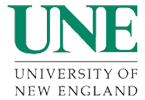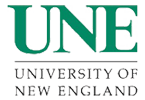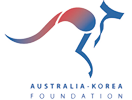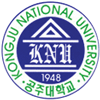Professor Youn-Kee Im
The Rural Education Policy in Korea: Features and Its Future Directions
Abstract
The purpose of this paper is to suggest future directions for the education of rural communities, which are considered as one of the most educationally disadvantaged groups. To do this, I analyzed the existing policies, the Acts and articles that provide the context of this study.
I adopted a chronological framework for analysing a series of the policies after Korean Independence day. 3 key stages were identified: the first stage of quantitative expansion of educational opportunity in the 1960s, the second stage of the mergers and closures of small schools, and the last stage of the qualitatively expansion of education in the areas. The main focus of the first stage was to expand the compulsory education in the rural areas. The second stage were basically attributed to the sudden and rapid decrease in the number of students in the areas. The government started 'the small schools' merging and closing policy' of which the targets were schools suffering severely from limited number of students enrolled. The final stage was characterised by the special Act that facilitates improvement and enhancement of the quality of rural education by the collaborative efforts of all government agencies concerned.
The future directions of the policy were finally suggested. First, the focus of the policy needs to shift from the nominal expansion of educational opportunities to the real expansion of employment opportunities. Second, the rural education should apply a developmental model reflecting the nature of the rural life style rather than simply duplicating the model used at schools in the metropolitan cities. Finally, the focus of the staffing policy for the rural schools should be forward to the qualitative improvement
Biography
|
Professor Youn-Kee Im is Head of the NURI Teacher Education Innovation Center and Director of the Educational Research Institute at Kongju National University, South Korea. Professor Im is Co-Chair of ISFIRE 2009, and will be addressing key issues in rural education in Korea. |







